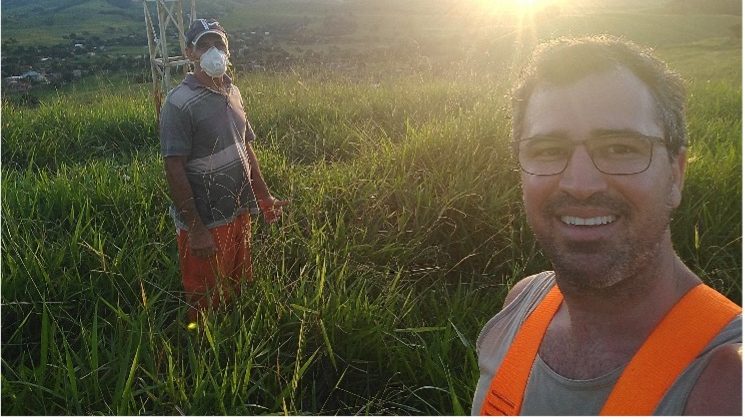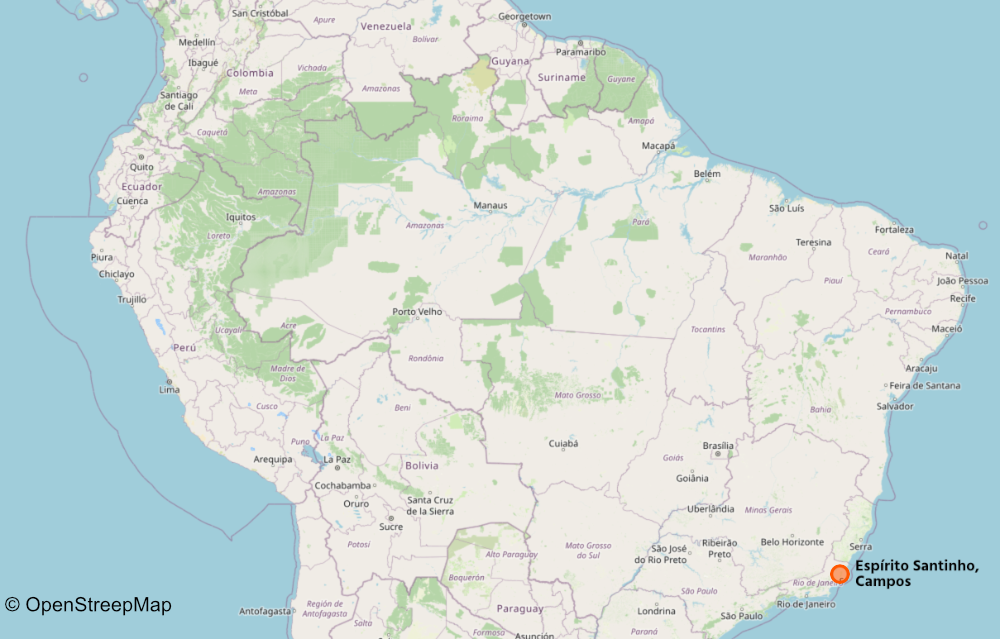ⓒ Diego Carneiro on Unsplash
Course guides Brazilian community networks on how to get legal recognition
Brazil is known for its complex bureaucracy and misunderstandings or attempts to avoid it have left many community networks operating irregularly or even illegally. As a result, many fear getting classified as ‘clandestine telecommunications services’, which can bring fines of $10,000 reais (USD $1,790) or imprisonment of two to four years.
A community network is an Internet access solution built and run by a community, rather than through a major Internet service provider, offering a way to bridge the digital divide.
“Operating without the proper permits can leave community networks vulnerable to political oppression or opportunistic accusations,” explains Marcelo Saldanha, President of Brazil’s Instituto Bem Estar (IBE) [Institute for Well-Being].

Photo courtesy of Wagner Crespo.
Saldanha was the lead instructor of a novel course on regulatory issues and public policies affecting community networks commissioned by the Internet Society Brazil Chapter and funded with a 2020 Small Grant for $US 3,500 from the Internet Society Foundation. Nineteen representatives from a dozen community networks completed the 32-hour online course in October-November 2020.
They now understand how Anatel [Brazil’s National Telecommunications Agency] works and how to correctly interpret documents that are written in legalese and technical terms with references to laws and decrees. It’s important for community networks to get this hands-on information and there is openness from ANATEL to recognize community networks.”
Flávio Rech Wagner, President of the Internet Society Brazil Chapter and a professor at the Federal University of Rio Grande do Sul.
As a result of the training, six community networks began the official registration process in December, applying to ANATEL for licenses.
Among them was Wagner Crespo, an engineer who helped set up a community network as a volunteer in the neighborhood of Espírito Santinho, municipality of Campos, in the State of Rio de Janeiro in December 2019.

“We weren’t legalized with Anatel because the process is very complicated, but the course helped us do things the right way,” says Crespo. “This was very important because in Brazil there are many people who work for social good, but if they do something just a little wrong, maybe due to a lack of knowledge, they can get crucified.”
We worried that the community we had connected could suffer if anything went wrong. It was a major concern for us but we didn’t know where to even begin to legalize the network, or where to find that information. Had it not been for this course, we would still be living in fear.”
Wagner Crespo
Being ‘regularized’ will also allow community network administrators to apply for grants or funding and to participate in public programmes. In many cases such financing either requires networks to be legally registered or would at least favour those who are, says Saldanha.
All six networks that applied have obtained the first of two authorizations – for them to offer services. The second, for use of spectrum, is still pending.
Another one of these initial applicants was Bruna Zanolli, a 33-year-old public interest technologist who has helped establish six different community networks, the latest of which is in a formerly enslaved community (quilombo) in São Paulo State.
“I wanted to do the process myself before telling the community how to do it,” she says. It also helped her put together a small introductory guide for communities that are interested in starting a community network. “I asked the community and they wanted to regularize. Since they are a quilombo, their lands are state property and they don’t want anything against the law or even remotely legally questionable happening in their territory or putting their CN at risk.”
“For me, this course was also about knowing the latest state of our legislation and Marcelo is a human encyclopedia for that,” adds Zanolli.
I wanted to get to know the law to help change the law, eventually, especially to benefit indigenous and quilombola communities and populations that have been historically disadvantaged.”
At the same time, IBEBrasil, ISOC Brazil, the Association for Progressive Communications and other community network advocates have been pushing for a change in the existing laws and regulations since 2008, either to eliminate the bureaucracy and/or to make it simpler.
“Brazil’s digital policies are so disconnected it’s as if they were made not to work,” jokes Saldanha. But ANATEL has announced that it will soon simplify regulations to benefit community networks.
Since the initial group of six, two other course participants have started gathering paperwork to submit applications while the remaining four are still in discussions with their communities.
“IBEBrasil gave a very concrete training on how to navigate the bureaucracy of Anatel and what documents they need to fill out,” says Wagner. “If they tried to figure it out themselves, it might take a long time or they might do the wrong thing, so this is also a kind of empowerment.”
